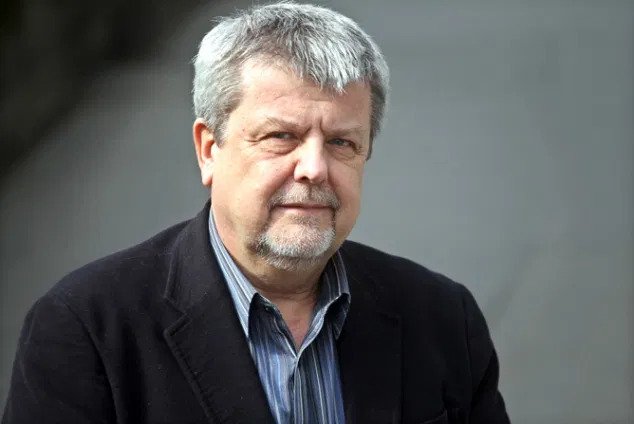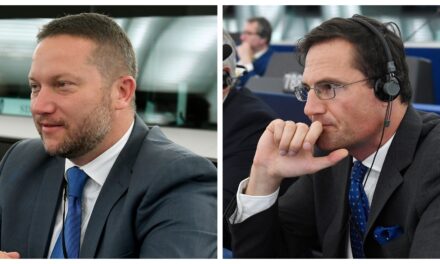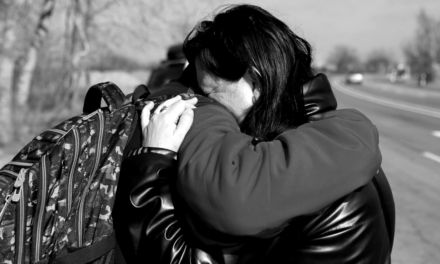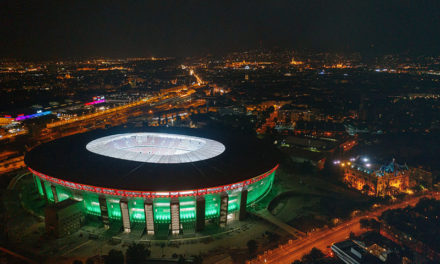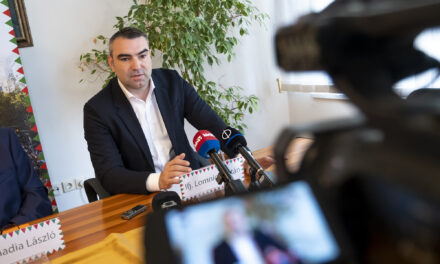On October 23, 1956, around 1:00 p.m., my brother took us by the hand to go to the demonstration, as the radio announced that the Minister of the Interior would not ban the announced movement of the university students after all.
My mother made it a point to be home by evening. After such an antecedent, I could see before my eyes an enthusiastic crowd imbued with the glowing air of the coming revolution. Closed behind the Iron Curtain, Hungary quickly became the scene of the freedom-fighting people of Central Europe within hours.
My then 20-year-old brother and I joined the crowd at the corner of Károly körút-Rákóczi út. I personally saw when a young woman tore the coat of arms from the national flag, which until then had usurped the place of the Kossuth coat of arms. Our stops: Margit bridge, Bem sculpture - here we arrived in front of the Parliament at around 7:00 pm from Imre Sinkovics, who encouraged us to "Stand up Hungarian".
It was getting dark, and it seemed that the huge crowd had come to a decision. Shouts: Tildy, Kéthly, Imré Nagy to the government!
Ernő Gerő, who appeared in their place, was booed. The square rumbled.
My brother remembered my mother's admonition to go home. We arrived at the house on the corner of Vas utca - Stáhly utca, at our apartment. At home, we told my parents about our exciting adventures. The windows of our apartment opened onto Vas Street on the 2nd floor. In no time, the street was full, the young people came to voice their demands on the radio. The crowd stopped at the corner of Kőfaragó Street in front of the Ávós' machine guns. This was the last straw, my brother Árpád ran down and joined. Around nine o'clock, a shot rang out.
Voices from the street: "Dirty people are shooting! Let's throw out the street lamps!"
Then my parents ordered me in from the window. The siege of the radio began, Bródy Sándor Street turned into a battlefield. After the occupation of the radio station, the situation escalated, the national guards joined in, and with their help drove the Soviets and the resisting communist mercenaries out of the city.
Heading for the shelter, the basement, sleeping on a hastily assembled log cabin, terrified by the sound of gunfire.
We believed we had won. However, the colonists attacked after a few days. Blood flowed on the streets of Pest and Buda. Hundreds of our young people sacrificed their lives for freedom.
My father, who was a cook, sneaked over to János Balassa Hospital under the "protection" of a white flag at the request of the revolutionaries to cook for the wounded. My brother also went with him. We couldn't see each other for many days.
The 4th of November has come, the time of the showdown. The city slowly fell silent, the sound of gunshots could be heard from some rooftops. I ventured out with my parents. I saw a piano hanging on the side of a dilapidated house on Rákóczi út. I remember the faces of desperate, shocked people. Bitter feelings afterwards.
I had to say goodbye to my defecting brother with tears in my eyes, amidst the sobs of my mother.
And then... Letters from the camp near Vienna for three quarters of a year, and then a message of relief: heading to New Zealand. Then at home. Ringing, tarpaulin trucks at night, retaliation. A few years ago, my brother's funeral in a foreign land.
In 1989, a miracle happened, Viktor Orbán showed the Russians a direction. We mourn and we do not forget. Nor, among other things, that the West closed both eyes and failed to provide assistance.
László Csizmadia

